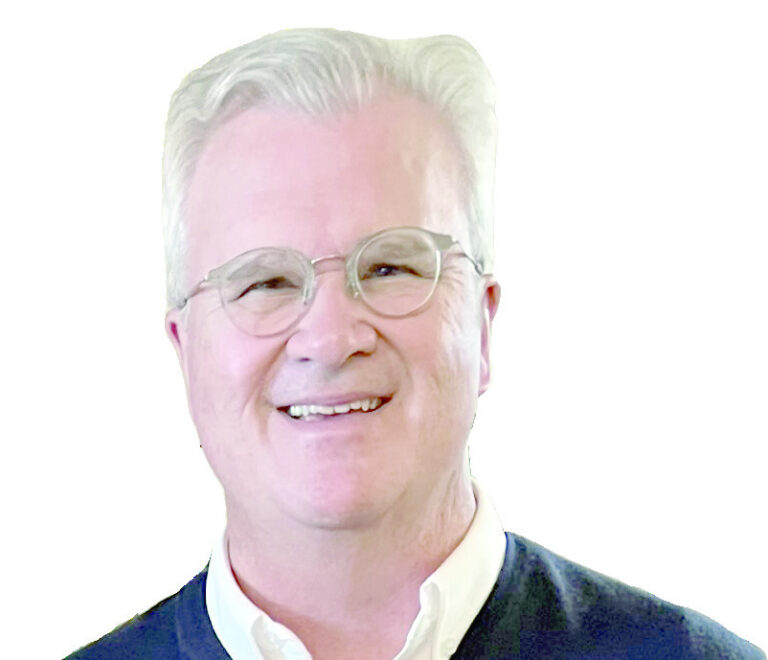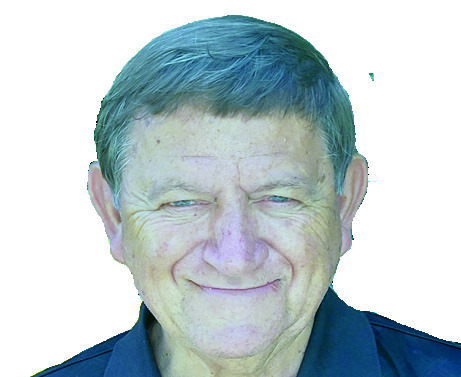Dakoda Pettigrew: American Insights — Lincoln in Peoria

With the flourish of his signature, President Franklin Pierce set America down the path toward civil war.
On May 30, 1854, the fourteenth president signed the Kansas-Nebraska Act, repealing the Missouri Compromise and opening the territories to slavery through popular sovereignty.
The brainchild of Illinois’ “little giant,” Senator Stephen Douglas, the Act’s definition of popular sovereignty was, in essence, a bold perversion of democracy, for it allowed the people of the territories to vote whether to allow human slavery. Many Americans protested the Act; it both threatened the geographical balance of free and slave states and was fundamentally a distortion of American principles and local autonomy.
One man was especially livid, and his name was Abraham Lincoln. For years, Lincoln had no reason to make slavery a focus of his attention. Franklin Pierce and Stephen Douglas changed that.
To Lincoln, the Act was a rejection of the Declaration of Independence and the “moral core” of democracy: in the former, “all men are created equal,” and this included black Americans, free or enslaved, and the consent of the governed is listed as the only basis for just government; in the latter, democracy does not mean absolute majority rule with no regard for right and wrong.
To Douglas, democracy meant “the right of every community to judge and decide for itself whether a thing is right or wrong.” As for the Declaration, Douglas said, “this government was established on the white basis…for the benefit of white men.”
Lincoln would have none of it. In Peoria, Illinois, on Oct. 16, he condemned Douglas’ new philosophy. “When a white man governs himself, that is self-government,” he said. “But when he governs another man [without his consent], that is despotism.”
If one admits that a black man is a man, he added, “why then my ancient faith teaches me that ‘all men are created equal’” and that it’s wrong.
Douglas’ democracy was just popular tyranny. “It enables the few to deprive the many,” Lincoln said. To Douglas, moral right is whatever the majority decides. To Lincoln, right and wrong are set in stone, and true democracy and slavery are naturally incompatible.
“There can be no moral right in the enslaving of one man by another.” It went beyond race; if whites could enslave blacks by a mere majority vote, everyone was a vote away from slavery.
Douglas’ plan, Lincoln continued, was inconsistent with the founder’s own policies toward slavery. True, they did not abolish it, but this was to appease Southern states who threatened to dissolve the Union if their “domestic institutions” weren’t protected. So the founders regulated the slave trade, eventually abolishing it.
They defined the trade as piracy punishable by death. Gradual emancipation was adopted in many states. And the Northwest Ordinance prohibited slavery in the applicable territories.
To Lincoln, the founders held an “unmistakable spirit” toward slavery: “hostility to the principle, and toleration, only by necessity.” America began, Lincoln added, by declaring all free; by 1854, it was held “that for some to enslave others is ‘a sacred right of self-government.’” People had misunderstood, redefined, and even forgotten the founding principles.
Democracy had become the vehicle of its own destruction. “Our republican robe is soiled,” Lincoln said. “Let us repurify it.”
A century later, the Dixiecrats would use “states’ rights” doctrine — the belief that state governments (the constitutional majority) possess a sovereign right to regulate internal policy — to justify withholding civil and political rights from black Americans.
Whether it’s slavery, voting rights, marriage equality, or reproductive privacy, lawmakers throughout history have used Douglas’ perversion of majority rule to justify unjust laws that contradict our “ancient faith.”
To Abraham Lincoln, at least, the lesson of the Kansas-Nebraska Act was clear: Might doesn’t make right.
Dakoda Pettigrew is a senior political science and history undergraduate student whose father went to school in Cassville. He lives in Tennessee and can be reached at pettigrewdakoda6@
gmail.com.




